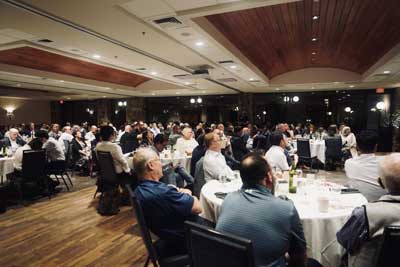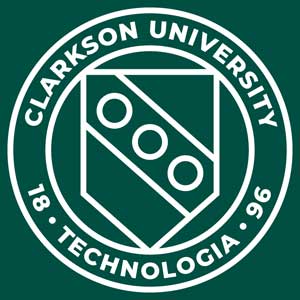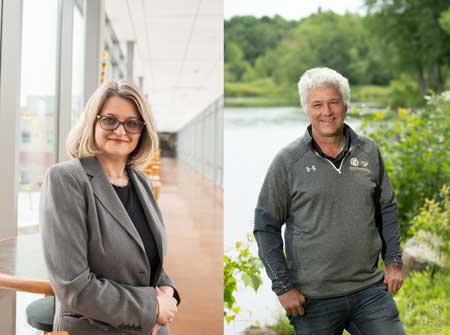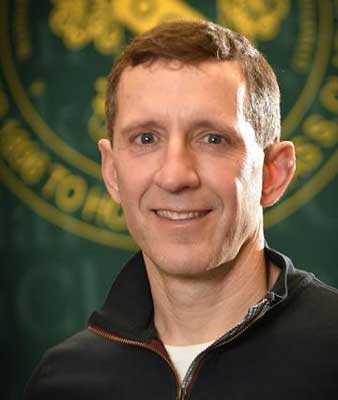Center for Advanced Materials Processing Newsletter: March 2024
Message From the Director
In this month's Center for Advanced Materials Processing Newsletter, we share news of our next International Symposium on Chemical-Mechanical Planarization. We also look at some significant research support and other recognition of our CAMP-affiliated faculty. Please enjoy reading about our researchers, who combine applied science with innovation and engineering to transfer unique solutions from the lab into practical applications.
— Devon Shipp, Director of CAMP, Professor of Chemistry & Biochemistry
CMP Symposium

CAMP will host its 26th annual International Symposium on Chemical-Mechanical Planarization (CMP) from Aug 11-14, 2024. Like last year, the meeting will be held in picturesque Lake Placid. Over the decades, the symposium has garnered an international reputation and heightened enthusiasm, especially given the influence of the CHIPS and Science Act, which has unleashed unprecedented opportunities for Clarkson to help the semiconductor industry.
Read More Here
DOD Supports PFAS Treatment

A Clarkson team has been awarded a $1.2 million Department of Defense grant to scale up an integrated treatment system to destroy PFAS in sediments. The system includes mechanochemical ball milling, which destroys PFAS in soils and sediments, followed by soil washing and plasma treatment.
Read More About This Grant
Phosphate Removal Tech

Two Clarkson professors have been awarded $749,000 by the Department of Agriculture to develop a filtration system to capture and recover phosphate from tile drainage and reduce the phosphate burden on watersheds. This sorbent and field-ready system will decrease environmental impact and provide a renewable phosphate supply, improving the sustainability of agricultural practices.
Read More About This Award
Solar Cell Advancement

Prof. Brian Helenbrook's work to develop new models of solidification kinetics has been awarded a nearly $555,000 grant from the NSF. He'll use the models to optimize the horizontal ribbon growth process – a technique for producing thin wafers of single-crystal silicon for use in solar cells, which could lower production costs by 75 percent.
Read More About This Grant
